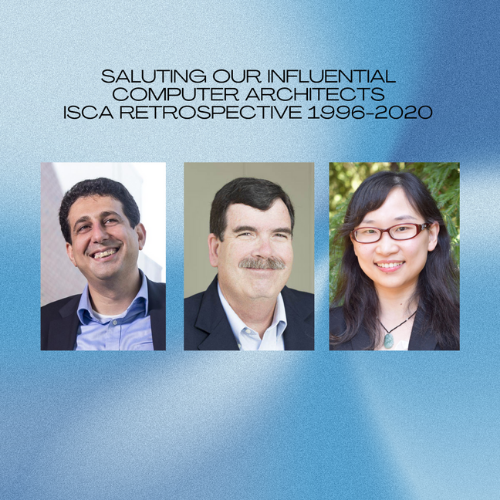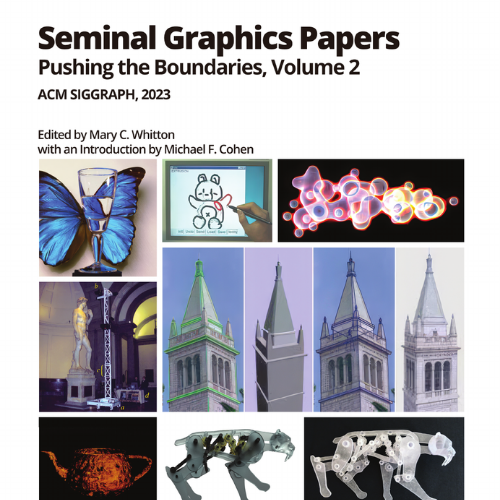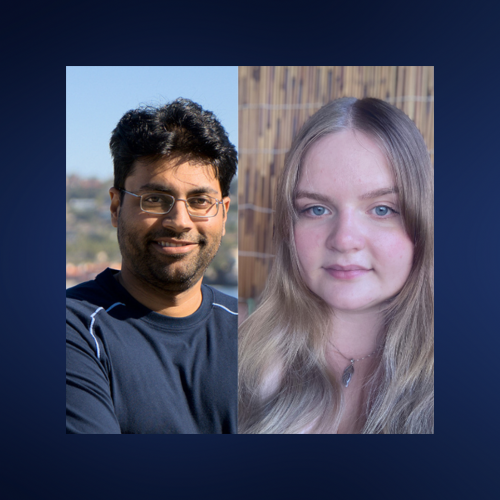UC San Diego Computer Scientists Lead $50.5M Center for Computing
The new Processing with Intelligent Storage and Memory center, or PRISM, is partially funded by a $35M contract from the Semiconductor Research Corporation (SRC) to make computing orders of magnitude faster and more efficient. The initiative includes a group of 10 universities who contributed additional funds to create the $50.5 million center led by CSE’s Tajana Šimunić-Rosing.
The center recently was awarded its second-year funding during a successful annual review by the SRC.









